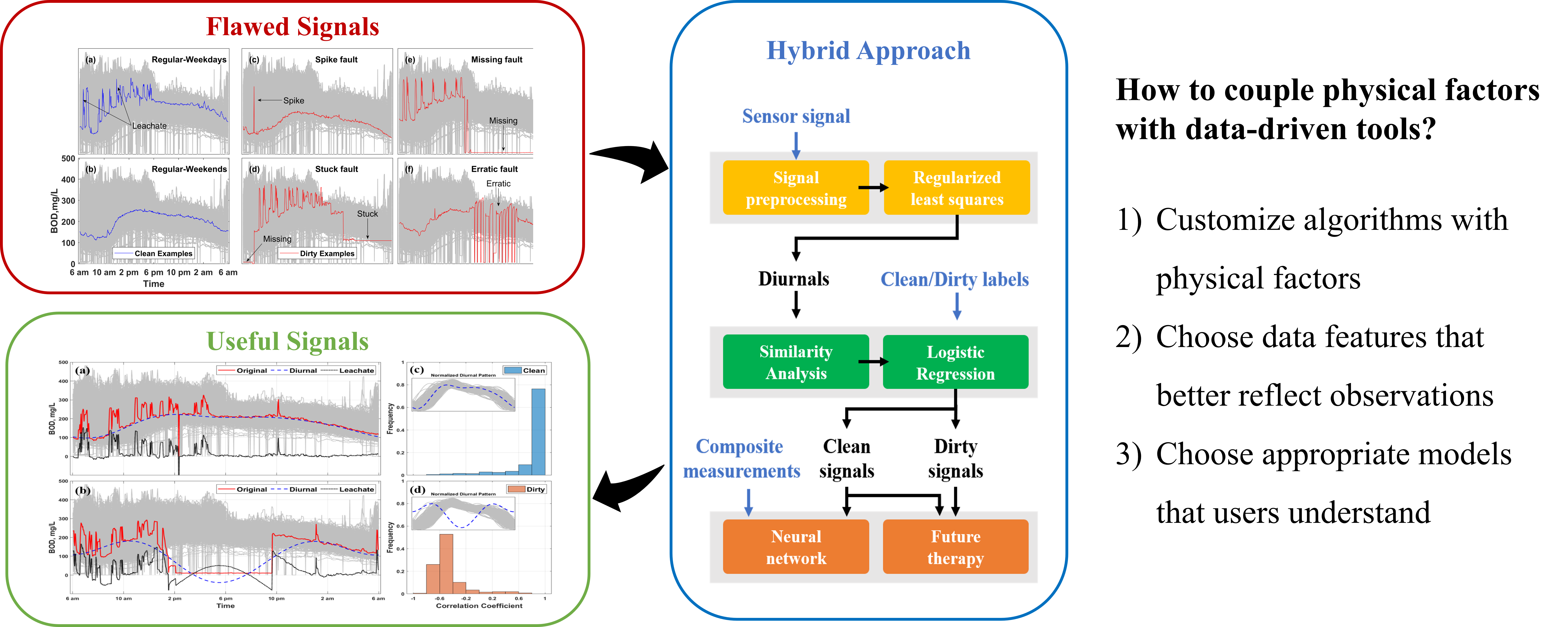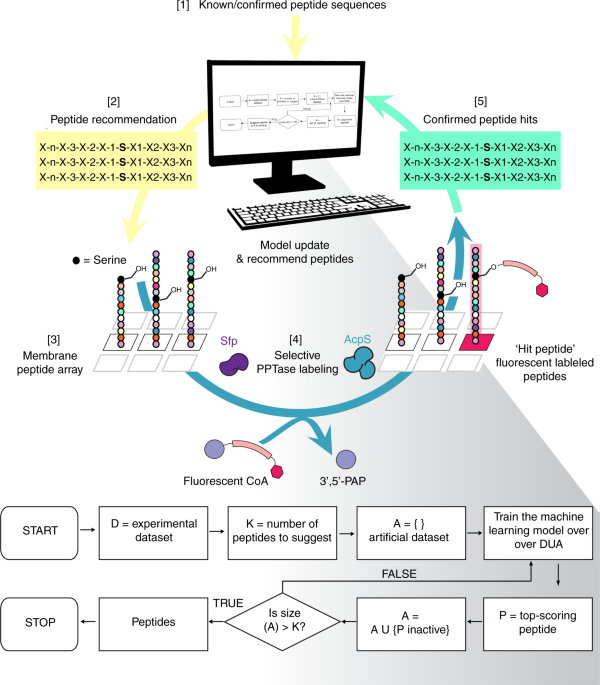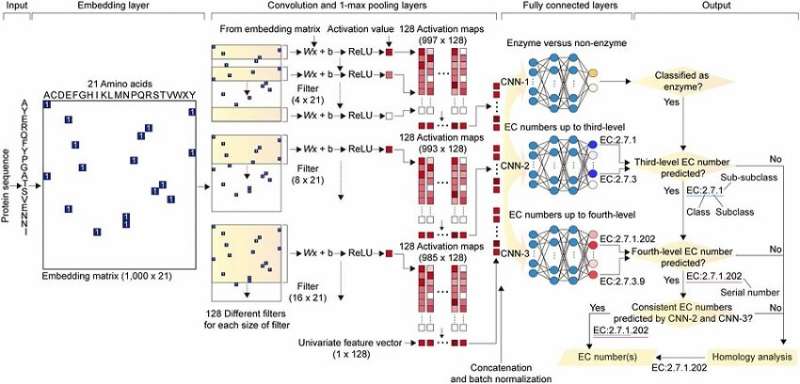Machine Learning In Enzyme Engineering
Machine Learning In Enzyme Engineering. Enzyme engineering plays a central role in developing efficient biocatalysts for biotechnology, biomedicine, and life sciences. Finally, we discuss the implementation of machine learning models for computational prediction of enzyme phenotypic fitness from sequence.

 Enzyme Engineering 7. Applications(1) Chemicals Synthesis from fdocuments.in
Enzyme Engineering 7. Applications(1) Chemicals Synthesis from fdocuments.inEnzyme engineering plays a central role in developing efficientbiocatalystsforbiotechnology, biomedicine, and life sciences. Since directed evolution of enzymes produces huge amounts of potential training data, machine learning seems to be ideally suited to support this protein engineering technique. Machine learning in enzyme engineering.

Machine learning is gaining traction in chemical biology as a powerful technique for the prediction of enzyme substrate specificities. This and other data will train the ml algorithm to recognize and ultimately predict protein structures that are useful in creating the enzyme activity desired.

Apart from classical rational design and directed evolution approache. We recently released a review of machine learning methods in protein engineering, but the field changes so fast and there are so many new papers that any static document will inevitably be missing important work.

American chemical society, 2020, vol. Here, we portray the role and position of ai techniques in the field of enzyme engineering along with their scope and limitations.

Enginzyme currently leverages machine learning in two ways: Machine learning is a useful computational tool for large and complex tasks such as those in the field of enzyme engineering, selection, and design.

Machine learning is a useful computational tool for large and complex tasks such as those in the field of enzyme engineering, selection and design. Mazurenko, stanislav, zbyněk prokop and jiří damborský.
Machine learning in enzyme engineering. This project will incorporate machine learning (ml) into the de workflow.

The objective is to be able to make novel and useful enzymes more rapidly and at lower cost. Apart from classical rational design and directed evolution approaches, machine learning methods have been increasingly applied to find patterns in data that help predict protein structures,

Advanced methods in enzyme engineering; Artificial intelligence (ai) and machine learning (ml) have great potential to revolutionize smart enzyme engineering without the explicit need for a complete understanding of the underlying molecular system.

This project will incorporate machine learning (ml) into the de workflow. Finally, we discuss the implementation of machine learning models for computational prediction of enzyme phenotypic fitness from sequence.

Here, we portray the role and position of ai techniques in the field of enzyme engineering along with their scope and limitations. Traditional approaches for enzyme engineering and directed evolution are often experimentally driven, in particular when the protein structu.

Papers on machine learning for proteins background. Since directed evolution of enzymes produces huge amounts of potential training data, machine learning seems to be ideally suited to support this protein engineering technique.

Here, we portray the role and position of ai techniques in the field of enzyme engineering along with their scope and limitations. Revolutionizing enzyme engineering through artificial intelligence and machine learning.
Enzyme engineering plays a central role in developing efficientbiocatalystsforbiotechnology, biomedicine, and life sciences. Enginzyme currently leverages machine learning in two ways:

Revolutionizing enzyme engineering through artificial intelligence and machine learning. Mazurenko, stanislav, zbyněk prokop and jiří damborský.

Revolutionizing enzyme engineering through artificial intelligence and machine learning. Machine learning is a useful computational tool for large and complex tasks such as those in the field of enzyme engineering, selection and design.

The objective is to be able to make novel and useful enzymes more rapidly and at lower cost. Machine learning is gaining traction in chemical biology as a powerful technique for the prediction of enzyme substrate specificities.

American chemical society, 2020, roč. Mazurenko, stanislav, zbyněk prokop and jiří damborský.

Phd or master in electrical engineering, computer science, or related fields. Machine learning in enzyme engineering.
The objective is to be able to make novel and useful enzymes more rapidly and at lower cost. Apart from classical rational design and directed evolution approaches, machine learning methods have been increasingly applied to find patterns in data that help predict protein structures,

Enginzyme currently leverages machine learning in two ways: Protein engineers have been sentenced to long treks through sequence space in the search for improved fitness.
Papers On Machine Learning For Proteins Background.The objective is to be able to make novel and useful enzymes more rapidly and at lower cost. This and other data will train the ml algorithm to recognize and ultimately predict protein structures that are useful in creating the enzyme activity desired. Strong experience in applied machine learning including data collection, analysis, and feature engineering.
Machine Learning In Enzyme Engineering.Enzyme engineering plays a central role in developing efficient biocatalysts for biotechnology, biomedicine, and life sciences. We start by comparing tools that can identify the function of an enzyme and the site responsible for that function. Apart from classical rational design and directed evolution approaches, machine learning methods have been increasingly applied to find patterns in data that help predict protein structures,
Machine Learning Is Gaining Traction In Chemical Biology As A Powerful Technique For The Prediction Of Enzyme Substrate Specificities.American chemical society, 2020, roč. Since directed evolution of enzymes produces huge amounts of potential training data, machine learning seems to be ideally suited to support this protein engineering technique. Apart from classical rational design and directed evolution approache.
Phd Or Master In Electrical Engineering, Computer Science, Or Related Fields.However, it remains unclear how ml guides directed evolution in sequence space depending on the composition of training data. Optimising the in silico design cycle and disentangling the effect of individual mutations on the enzyme's stability. Traditional approaches for enzyme engineering and directed evolution are often experimentally driven, in particular when the protein structu.
Proficient In Developing Algorithms In C++/PythonMachine learning is a useful computational tool for large and complex tasks such as those in the field of enzyme engineering, selection and design. Machine learning in enzyme engineering. We start by comparing tools that can identify the function of an enzyme and the site responsible for that function.
Belum ada Komentar untuk "Machine Learning In Enzyme Engineering"
Posting Komentar